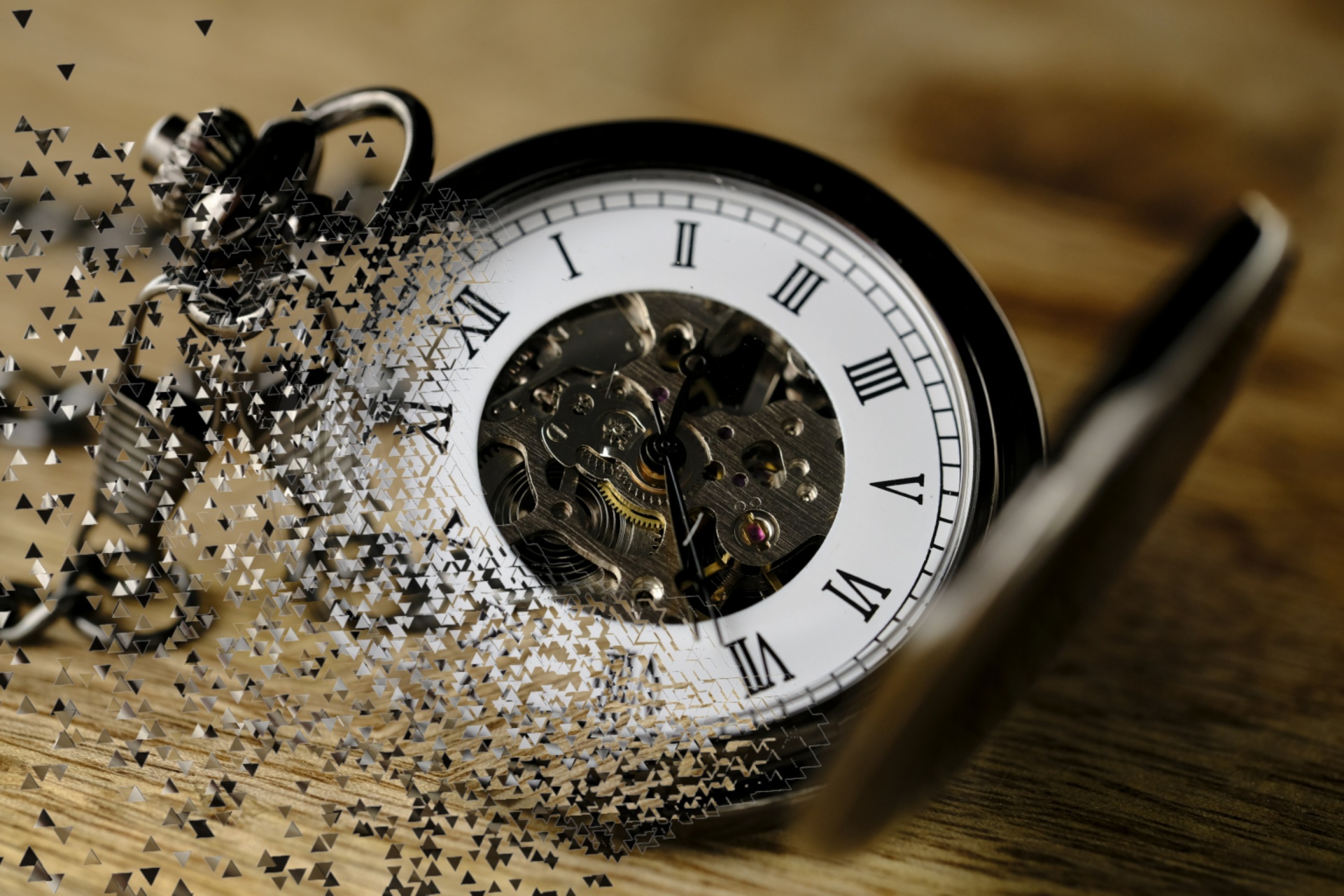In today’s rapidly transforming world, the Bahá’í teachings elucidate a profound understanding of the cyclical nature of time and the significance of renewal. These teachings offer a comprehensive framework, suggesting that embracing periods of celebration and reflection not only honors the collective progress of humankind but also catalyzes spiritual and social rejuvenation. As we delve into the depths of these teachings, we encounter a rich tapestry of principles that foster both individual and communal growth. This exploration addresses common observations about the human experience and unveils the profound reasons behind the Bahá’í perspective on renewal and celebration.
The concept of time within the Bahá’í Faith is not merely a linear progression but rather a dynamic continuum that embodies spiritual significance. The Bahá’í understanding transcends conventional perceptions, hinting at an underlying rhythm that resonates with the eternal nature of the soul. This perspective invites individuals to recognize moments of renewal as opportunities for transformation, urging humanity to celebrate milestones that herald the dawning of new eras.
At the heart of Bahá’í teachings lies the principle of the oneness of humanity. This foundational tenet fosters a collective consciousness that transcends national, racial, and religious boundaries. A time to celebrate, therefore, does not belong to any singular group or tradition; rather, it is an inclusive moment for all humanity. Bahá’ís commemorate the arrival of each new epoch as a reflection of humanity’s evolving awareness and commitment to unity. This celebration is a vital acknowledgment of shared progress, serving to strengthen bonds among diverse peoples.
Furthermore, the Bahá’í calendar, with its unique observances, offers structured opportunities for communities to engage in reflective celebration. The Nineteen Day Feast, for instance, is a monthly gathering that not only fosters community spirit but also serves as an avenue for collective consultation, deliberation, and celebration. This ceremonial practice embodies the essence of renewal, as participants reflect on past achievements while envisioning future aspirations. Within this framework, time is indeed a catalyst for growth and transformation.
The observance of significant holy days within the Bahá’í Faith—such as Naw-Rúz (the Bahá’í New Year) and the Twin Holy Birthdays—provides another layer of understanding regarding the cyclical nature of existence. Naw-Rúz symbolizes the regeneration of the world, a time to cast aside the burdens of the past and embrace the potential of new beginnings. It is a moment rich with symbolism, inviting adherents to reflect upon their personal journeys while celebrating the broader aspirations of the Bahá’í community.
Moreover, these celebratory occasions elucidate an essential aspect of Bahá’í teachings: the integration of joy and spirituality. In a world often marred by conflict and strife, the act of celebration serves as a potent reminder of the inherent beauty of life and the possibilities that await when individuals come together in harmony. The Bahá’í perspective encourages adherents to cultivate an attitude of gratitude, fostering a deeper appreciation for the interconnections that bind humanity together.
Alongside this joy, the Bahá’í Faith emphasizes the importance of reflection. Celebrations are not solely occasions of festivity; they also provide an opportunity for introspection and personal growth. Engaging with the teachings of Bahá’u’lláh, individuals are encouraged to examine their own lives, to confront challenges, and to commit to personal development. The celebration of renewal becomes an avenue for setting intentions and striving toward higher ideals that reflect the divine attributes bestowed upon humanity.
The teachings of the Bahá’í Faith advocate for a comprehensive understanding of renewal that is both spiritual and social. As communities unite to celebrate, they simultaneously engage in collective actions that promote justice and equity. This dual focus is paramount, as it underlines the interconnectedness of all initiatives aimed at uplifting humanity. Celebratory moments thus evolve into launchpads for social action, creating ripples that resonate far beyond individual experiences.
Addressing the common societal longing for renewal highlights an intrinsic aspect of the Bahá’í perspective: the recognition of the cyclical phases of progress and regression. While periods of stagnation may occur, it is crucial to understand that each ebb presents an opportunity for resurgence. Engaging with both the challenges and the triumphs of existence fosters resilience, enabling individuals to navigate the complexities of life with grace and an open heart. Celebration, in this context, becomes a collective affirmation of faith in humanity’s capacity for renewal.
In summary, the Bahá’í teachings on renewal and celebration invite individuals to transcend the superficial understanding of time and existence. By embracing the deeper philosophical and spiritual implications of these concepts, Bahá’ís cultivate an environment conducive to collective aspiration and progress. Each celebration is an embodiment of hope, a manifestation of unity, and an affirmation of humanity’s journey toward a more harmonious existence. As we embark on paths of reflection and rejuvenation, may we recognize the sanctity of time and the multitude of opportunities it presents for personal and collective growth.
